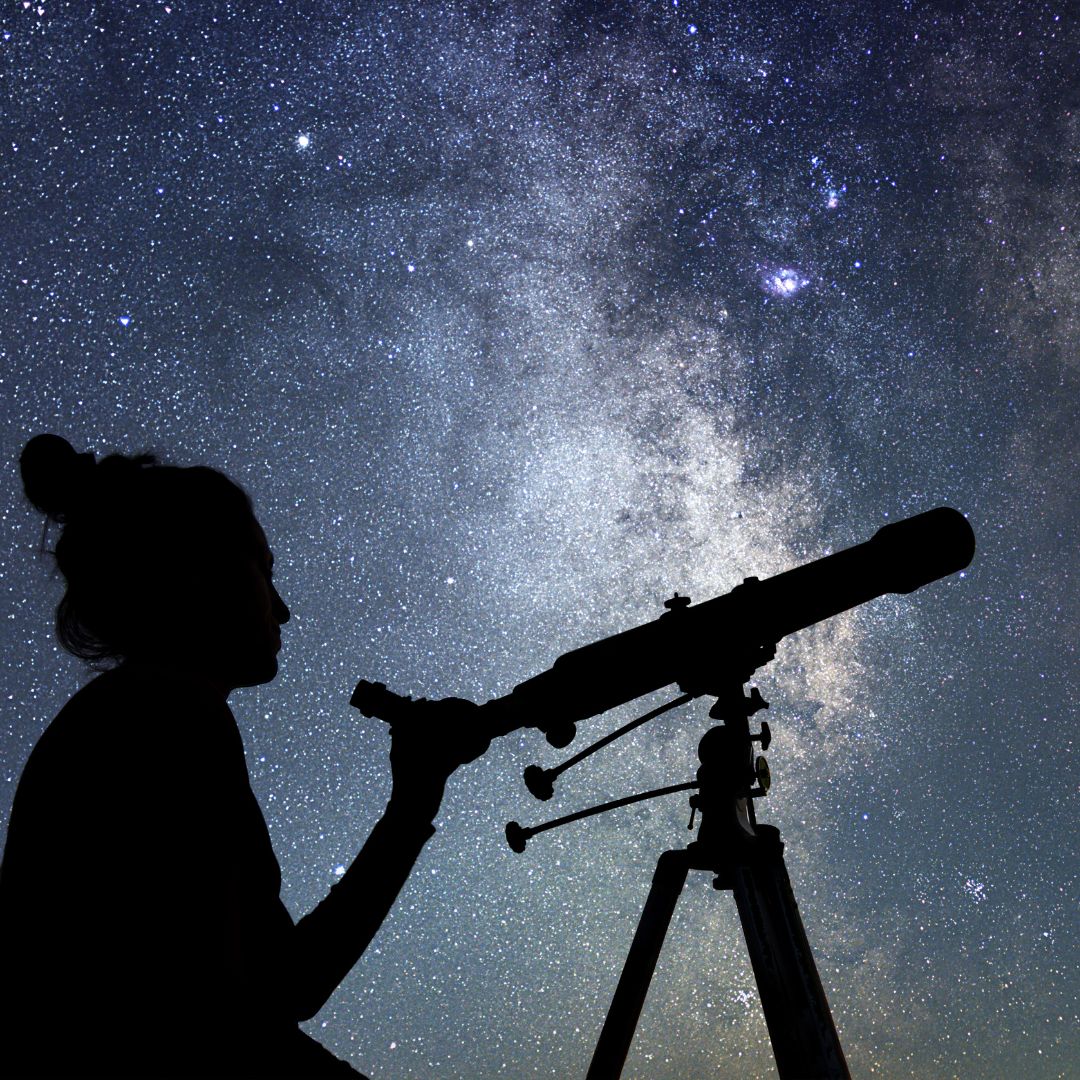
The dispute between the Church and Galileo sowed the seed for the apparent divorce between science and faith.
At face value, the dispute was about the theory of the universe, presented by Nicolaus Copernicus (1473–1543) in 1543, which argued that the sun was at the center of the universe.
This theory was in opposition to the Aristotelian view promoted by the Church, which believed that the sun and the other planets were in orbit around the earth.
Galileo favored the Copernican model because of what he observed through his own telescopes, particularly that the moons of Jupiter were in orbit around the planet Jupiter.
These were landmark telescopic observations—not all bodies in the universe were orbiting the earth!
Now, Harvard historian Owen Gingerich negates the above myth in the following words:
“As far as the theologians were concerned, the Copernican system was not really the issue. I can hardly emphasize this point enough. The battleground was the method itself, the route to sure knowledge of the world, the question of whether the Book of Nature could in any way rival the inerrant Book of Scripture as an avenue to truth.”
Following Galileo’s observations through his spyglasses (telescopes), power and control by theologians was the issue at stake and not necessarily the geography of the heavens. Any individual with a spyglass (telescope) had access to the truths of nature – in this case, astronomy and the starry vaults of our night skies. This was a troubling scenario indeed for the theologians. The Benedictine monk Angelo Grillo used the term cannonista to refer to any person in possession of this audacious new instrument.
The important question was about who controlled the access to the wells of truth? It was a question of paramount importance at a time when Galileo was facing the Inquisition with its indescribable cruelty and control.
Galileo was summoned from Florence to Rome for trial by the Inquisition in 1633. He saw no conflict between the domains of scientific research and faith in God. He believed that the study of the universe would promote greater understanding of the correct interpretation of the Scriptures. But the label of being a suspected heretic prevailed during the trial, and he was forced to recant and was sentenced to house arrest. He died in Arcetri and on January 9, 1642, he was buried in an unmarked grave.
Thus, the Great Divorce between God and Science centered upon whether the voice of Galileo Galilei could be heeded to, or silenced.
There were those among the early church fathers like Saint Augustine (AD 354–430) who did not embrace a literal interpretation of Scripture. He suggested that the biblical text should not be interpreted literally if it contradicts what we know from science and our God-given reason. From an important passage in his De Genesi ad Litteram Libri Duodecim, or The Literal Meaning of Genesis (early fifth century AD), we read:
“It not infrequently happens that something about the earth, about
the sky, about other elements of this world, about the motion and
rotation or even the magnitude and distances of the stars, about
definite eclipses of the sun and moon, about the passage of years
and seasons, about the nature of animals, of fruits, of stones, and
of other such things, may be known with the greatest certainty by
reasoning or by experience, even by one who is not a Christian. It
is too disgraceful and ruinous, though, and greatly to be avoided,
that he [the non-Christian] should hear a Christian speaking so
idiotically on these matters, and as if in accord with Christian writings,
that he might say that he could scarcely keep from laughing
when he saw how totally in error they are. In view of this and in
keeping it in mind constantly while dealing with the book of Genesis,
I have, insofar as I was able, explained in detail and set forth
for consideration the meanings of obscure passages, taking care
not to affirm rashly some one meaning to the prejudice of another
and perhaps better explanation.”
Augustine’s words resonate with us, as they did with Galileo. If the church had heeded Augustine’s advice not to impose itself in matters in which it was unskilled, and if power and control had not been such a focus for the church at the time, then this long battle between the church and science might never have taken place.